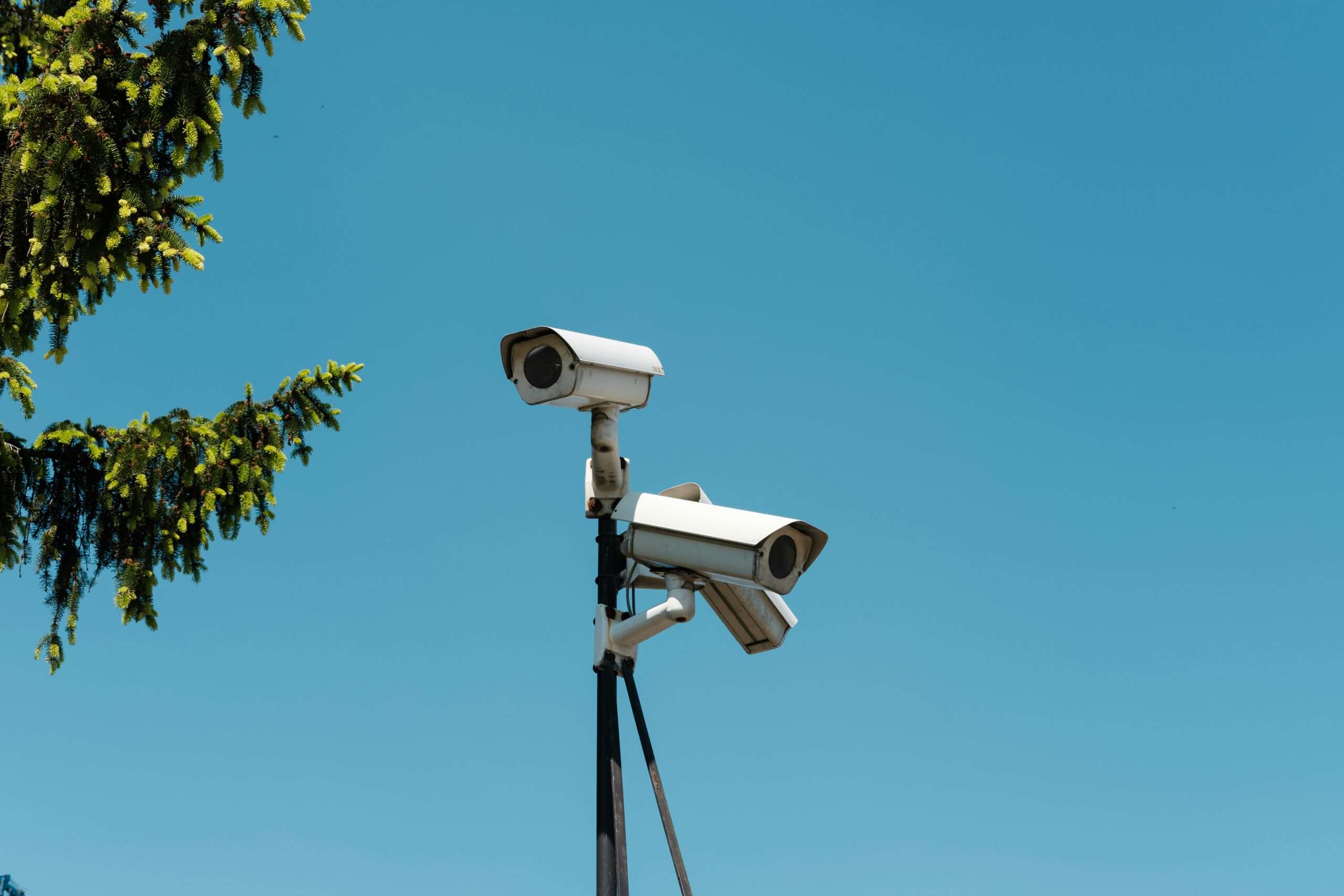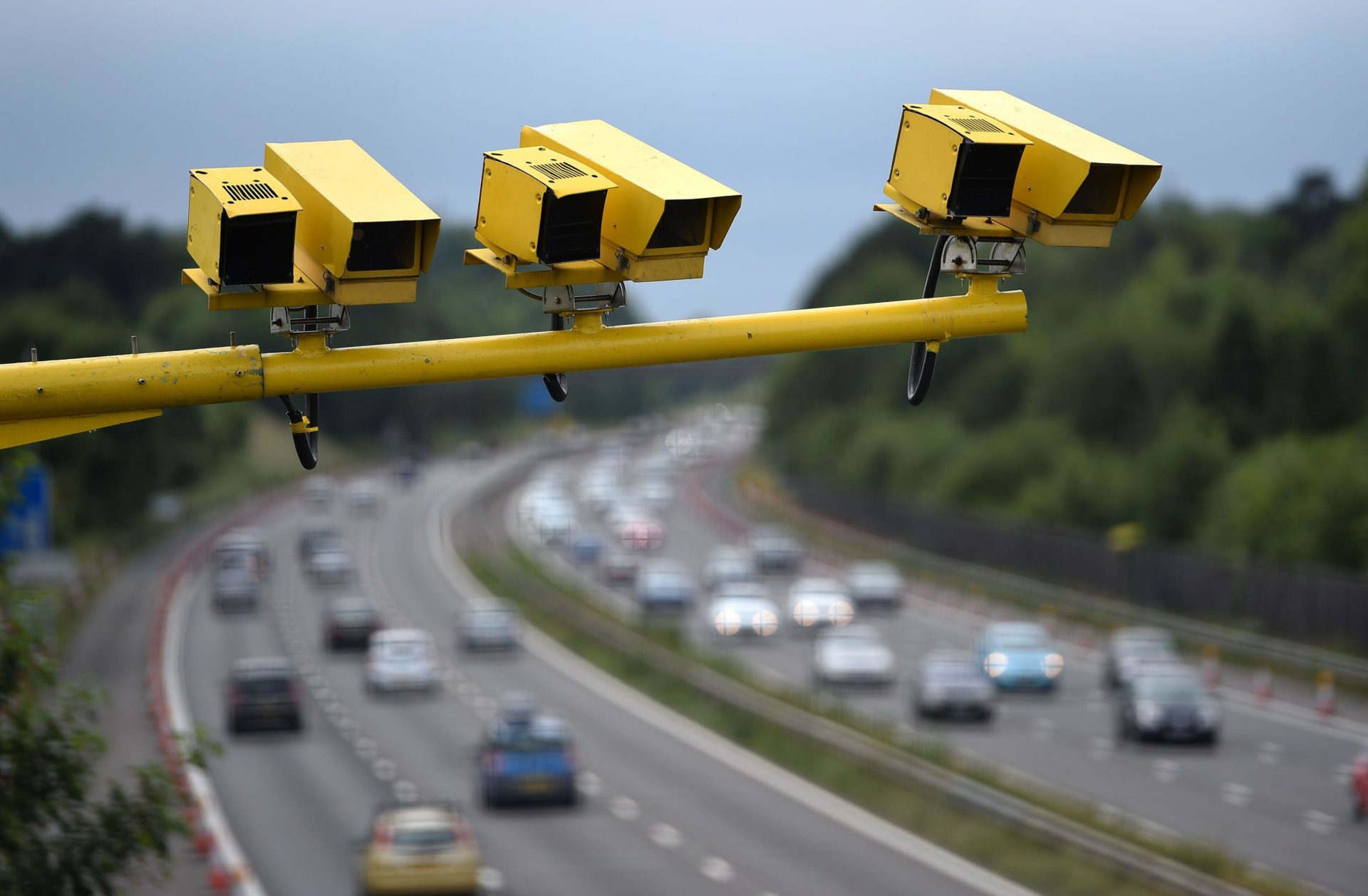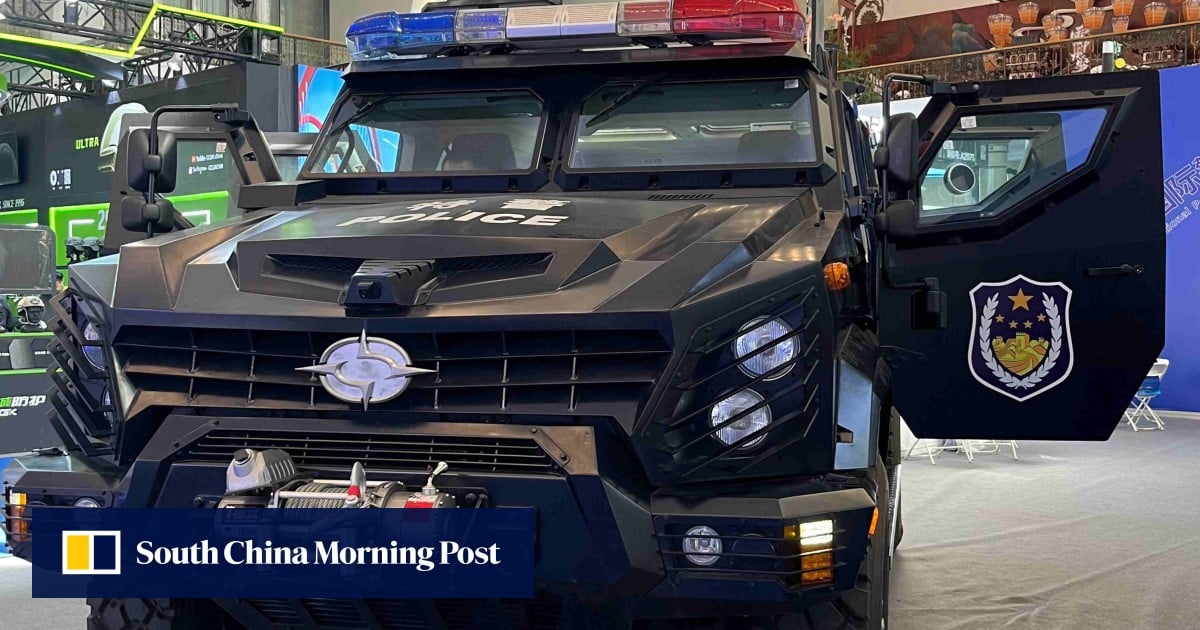
In China, a detainee can be held in disciplinary detention without access to a lawyer for up to six months. Under the country’s supervision law, such detentions could apply to anyone employed in the state sector or on a public payroll, including officials, scholars, teachers, and the parties suspected of offering bribes.
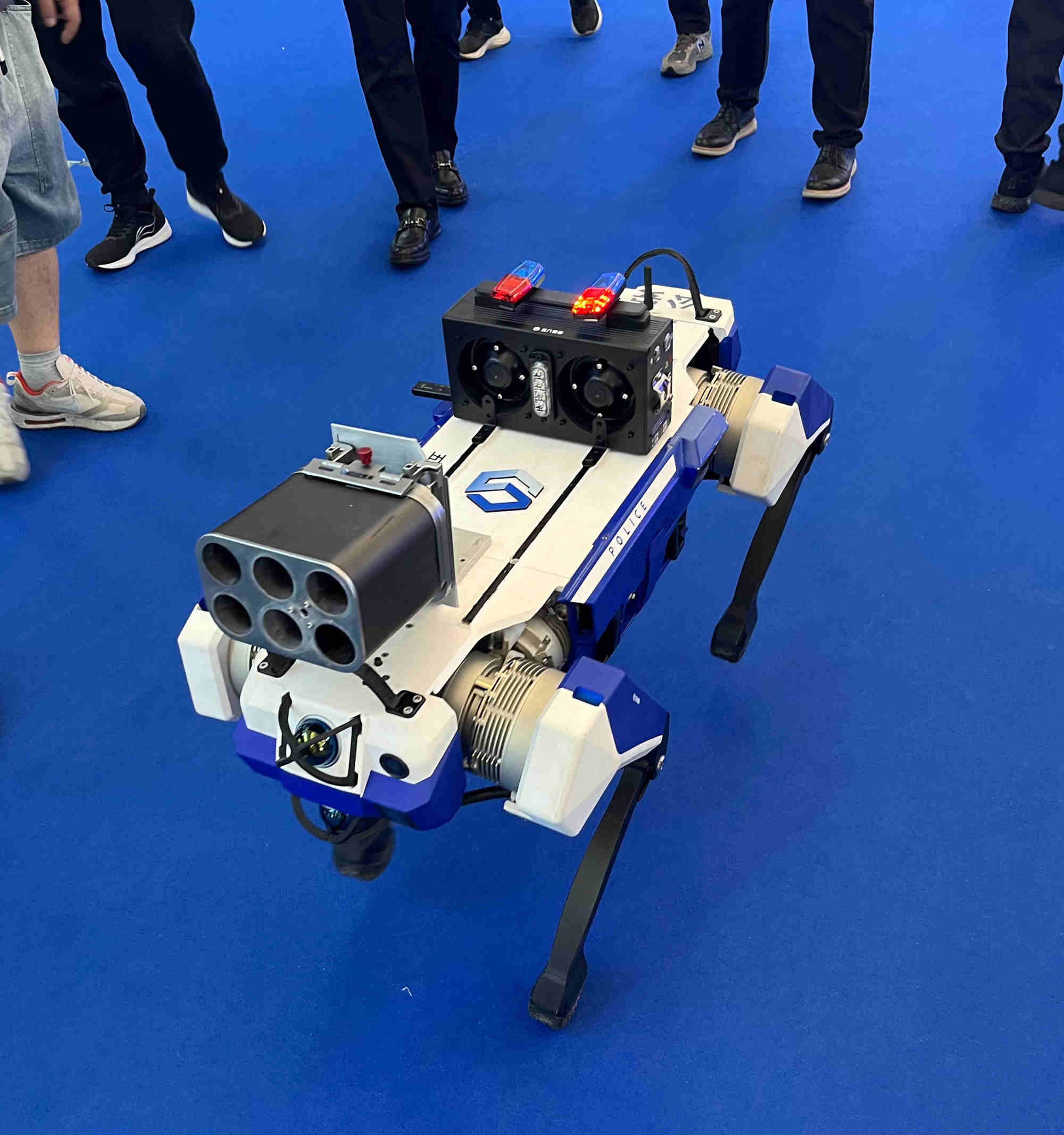
Suppliers said their cameras can also be used for “residential surveillance at a designated location” – a type of detention often used in national security-related cases, in which suspects can be held in custody in places other than a prison.
Because disciplinary detentions can lead to tremendous mental stress, the detention facilities are often specially designed to prevent suicides.
Beijing Tongfang Shenhuo United Technology said their camera monitoring system can detect a detainee’s vital signs, including heart rate, respiration, temperature and blood pressure, and analyse more than 20 facial expressions to assess their mood.
In its brochure, the company said the system can automatically provide early warnings of sudden illness and suicide risk.
The equipment is “covert and unknown to the monitored person”, the brochure said, adding that the company is capable of designing an entire disciplinary detention facility with surveillance devices wired in each room to “save manpower”.
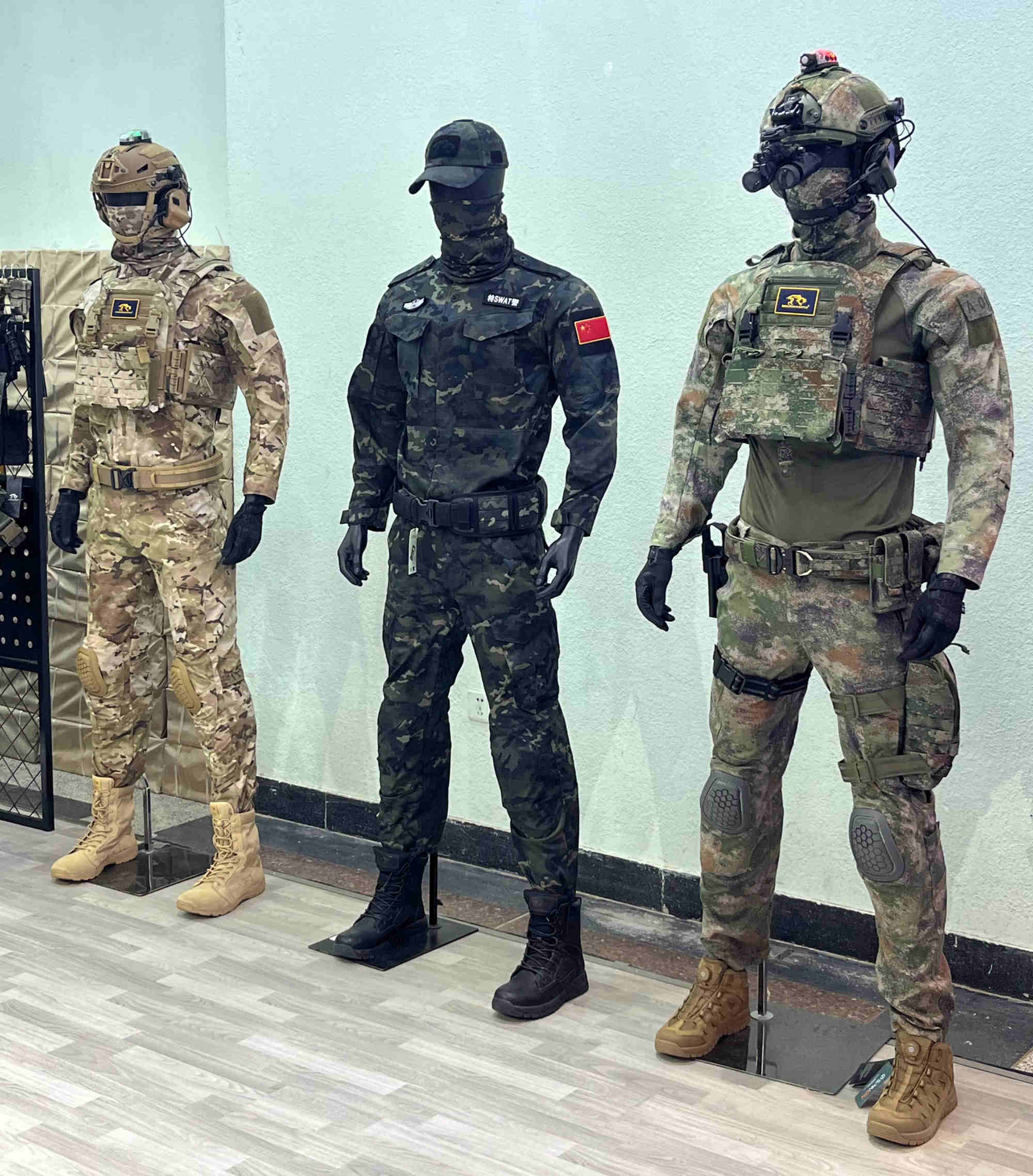
The company’s products also include polygraphs and portable devices to monitor the physical condition of detainees.
According to its website, the company previously specialised in industrial equipment for Tsinghua Tongfang, a state-owned technology enterprise that was affiliated with Beijing’s elite Tsinghua University. The website also highlights its technical cooperation with Tsinghua.
A report by China’s top anti-corruption agency, the Central Commission for Discipline Inspection (CCDI), said that about 26,000 disciplinary detentions had been ordered last year.
A supplier at the three-day fair said most of the visitors were police, police equipment retailers and university students enrolled in security and law enforcement-related disciplines from across the country.
In China, the production of police and military equipment is subject to strict requirements. Similar annual fairs are the main opportunity for manufacturers to showcase their latest technology to potential customers – mainly law enforcement, military-related and forensic agencies.
Another major theme at this year’s exhibition, which was organised by a semi-official association of defence industry companies, was technology to detect, disrupt and ground civilian drones, a recent security priority for mainland authorities.
Local governments have also imposed temporary flight restrictions during large events or activities deemed politically sensitive.
Other popular products at this year’s fair included a system to help police to track crypto trading, equipment to detect suspicious objects and rapid drug-testing kits.
Despite the lack of official data, reports from several consulting organisations have indicated that the market for police equipment and security facilities in China is expanding rapidly.
link



